Universities in Korea have relaxed restrictions on recruiting Vietnamese people to study Korean language courses, while increasing recruitment for degree programs to encourage more Vietnamese international students.
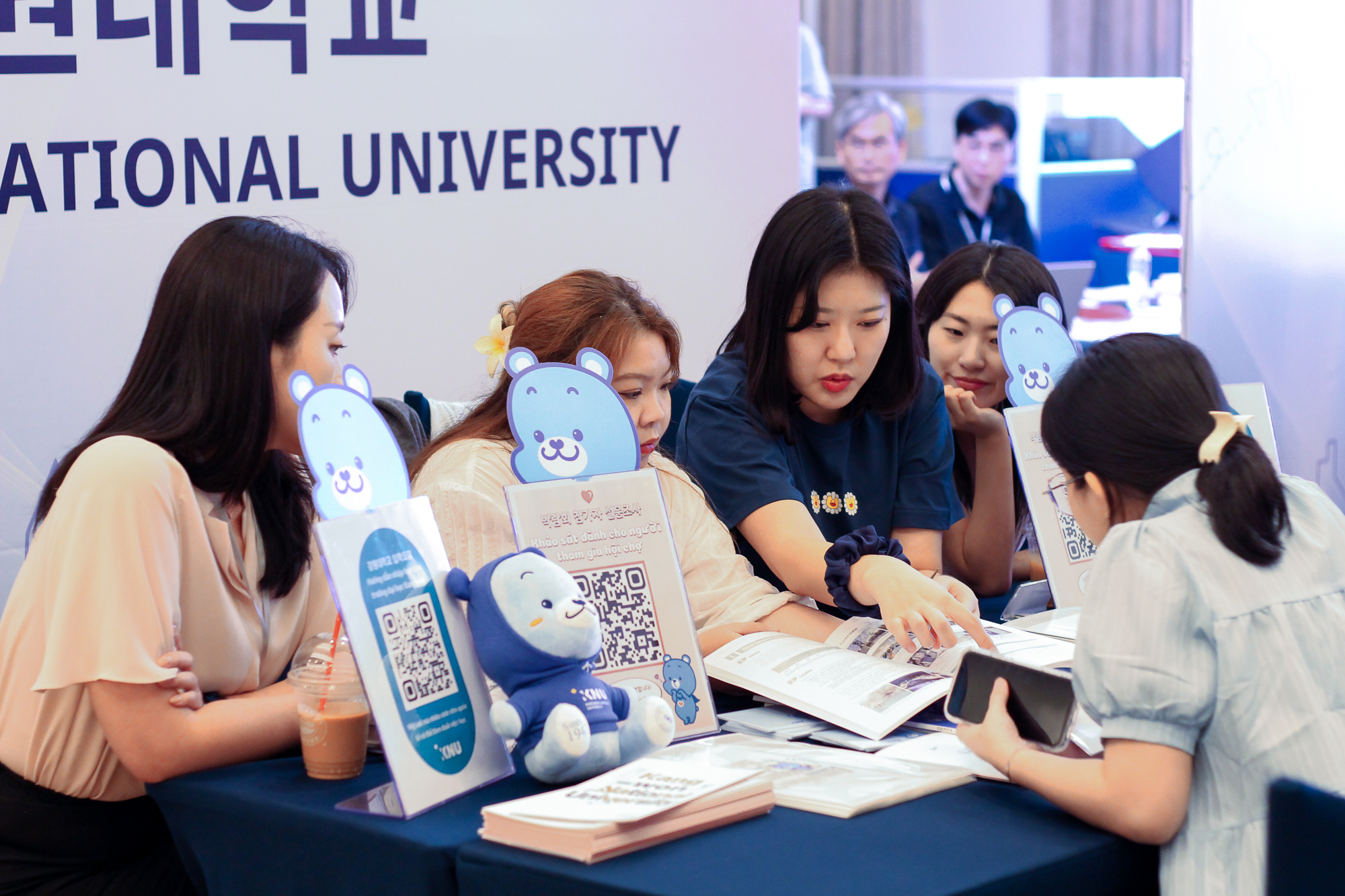
Kangwon National University representative advises students
Priority given to quality learners
In Korea, national universities are schools established and run by the government . However, in early 2024, some schools stopped or limited the number of Vietnamese students studying Korean language courses. Speaking to Thanh Nien Newspaper reporters at the Korean study abroad seminar held on November 17, the schools said that although restrictions were still applied, there were adjustments to welcome more Vietnamese students to study.
As one of the schools that still maintains restrictions, Ms. Haeyung Kahng, coordinator of the international affairs and education department at Sunchon National University (Sunchon City), said that the school is trying to loosen restrictions on Vietnamese students enrolling in Korean language courses because it "realizes that the number of Vietnamese people residing illegally in Korea is on the decline."
At Kangwon National University (Chuncheon City), although the school has temporarily stopped accepting applications for Korean language courses from students from 19 countries, including Vietnam, the school still considers accepting Vietnamese international students in cases where the applicants are from partner units of Kangwon National University, or the applicants are relatives of students or residents of Chuncheon City.
Meanwhile, for the bachelor's degree program, both schools have unlimited enrollment. Ms. Kahng said: "The school does not limit the number of students. For Vietnam, we want to enroll more students because there are only about 30 Vietnamese people studying at the school. The school is located near an area with many Vietnamese people living, so students can feel secure in studying and integrating into life here."
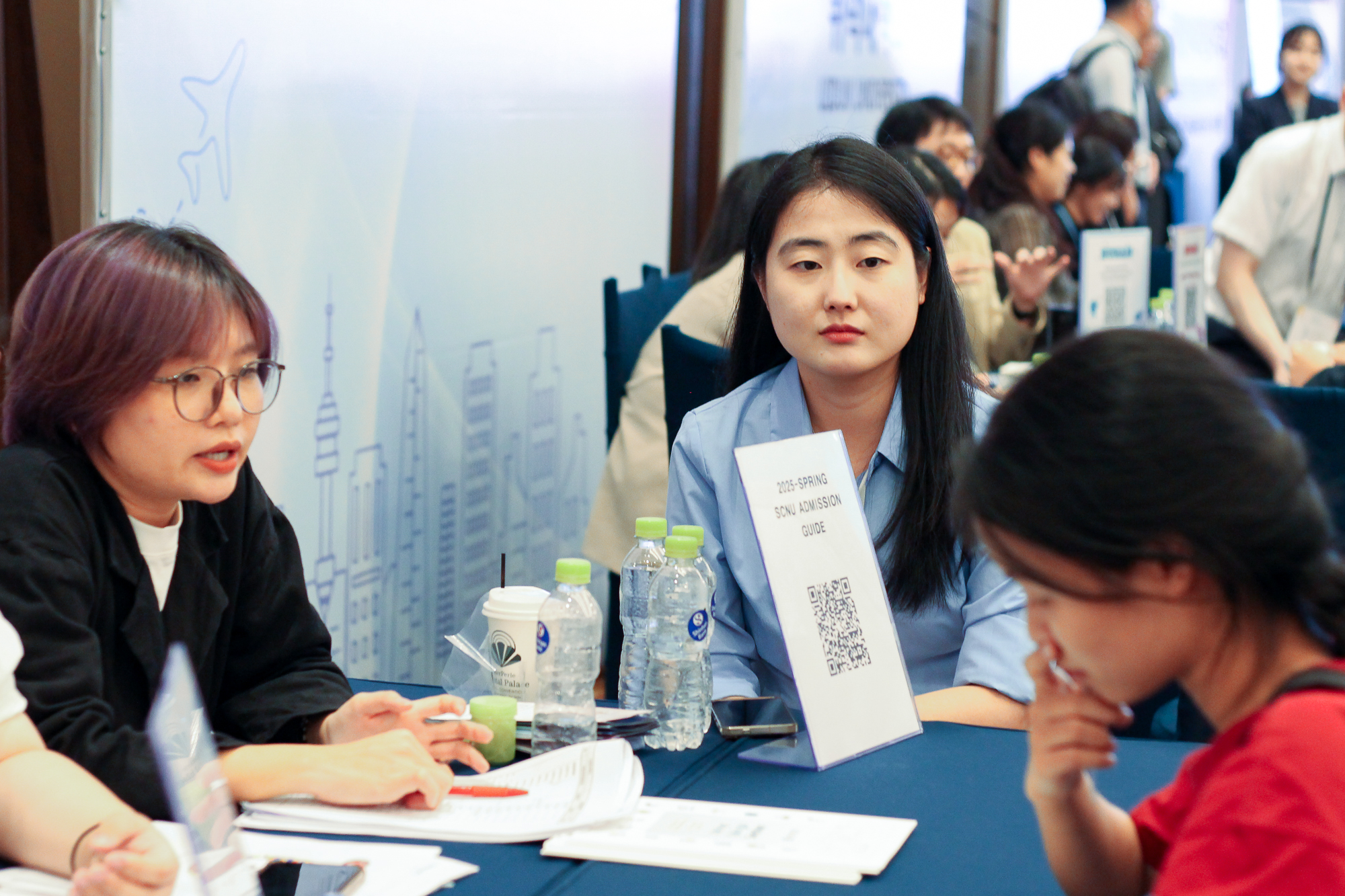
Ms. Haeyung Kahng (center) hopes to recruit more Vietnamese international students.
Also applying the regulation to limit the number of Vietnamese but “not too harshly”, Gyeongsang National University (Jinju City) wants to focus on the quality of students. Ms. Kim So-hee, an officer of the international cooperation department, said: “The purpose of the restriction is to select quality candidates, as well as prevent students from dropping out of the school. Therefore, in the admission process, we focus on the average score (from 7 and above), the financial situation of the candidate’s family and the TOPIK certificate”.
Another reason given by schools is that there are not enough classrooms for Korean language students. Mr. Dokyun Kim, coordinator of the international relations department at Kyungpook National University (Daegu City), shared: “Currently, we only maintain 60 students in the Korean language course each semester. We are building new classrooms, expected to be completed by the summer of 2025, as well as hiring more lecturers to meet training needs.”
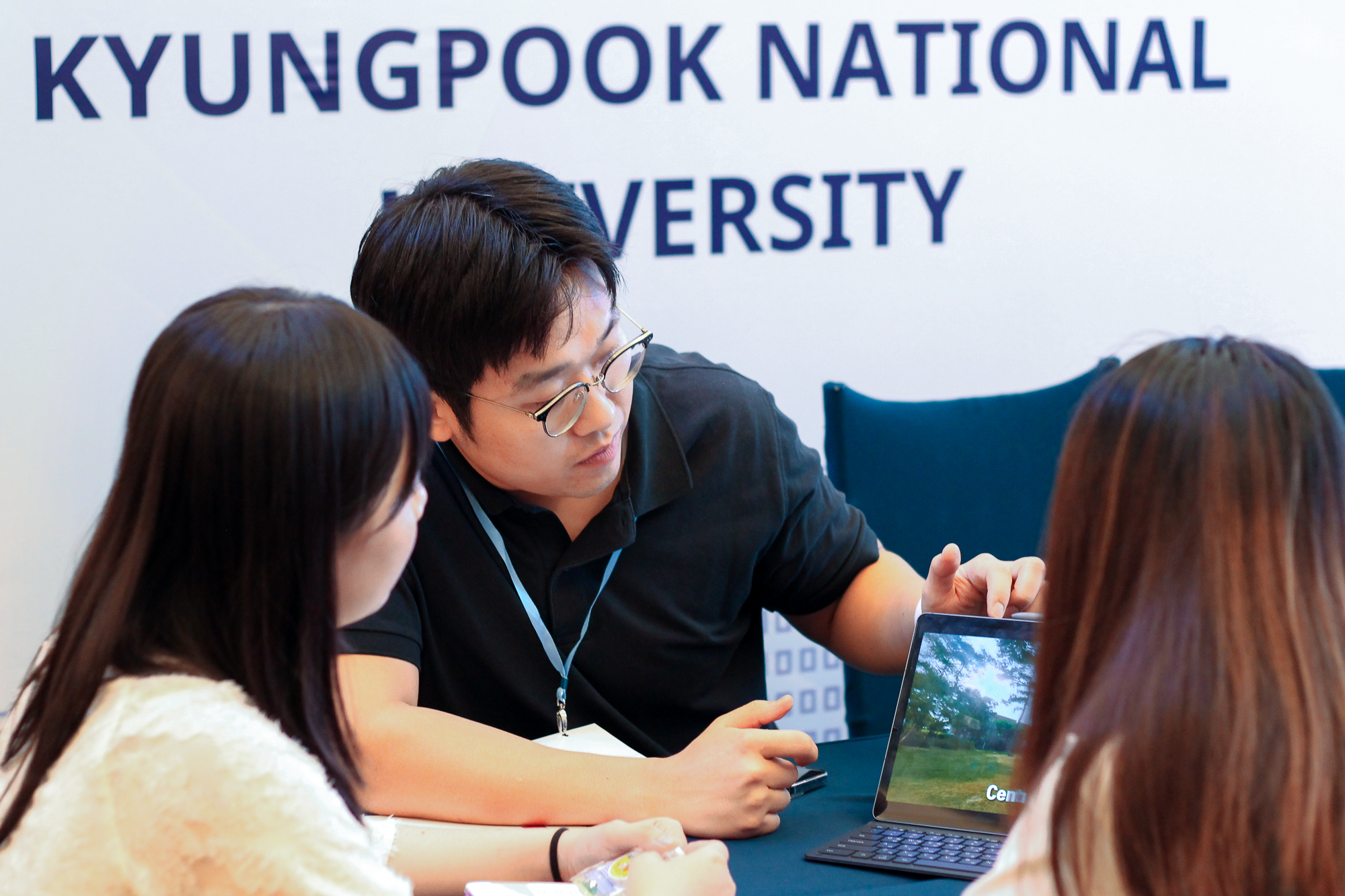
Mr. Dokyun Kim said that every year there are about 100 Vietnamese students studying majors at Kyungpook National University.
Teaching in English is increasingly important.
In addition to Korean national universities, this year's conference also has the participation of leading Korean higher education institutions such as the Korea Advanced Institute of Science and Technology (KAIST) ranked 53rd in the world, Korea University (KU) ranked 67th, Pohang University of Science and Technology (POSTECH) ranked 98th... according to the QS 2025 rankings.
These schools have the same admission process, which includes online application evaluation and interviews. In addition, these educational institutions also offer training entirely in English instead of only partially in English or completely in Korean like other Korean universities.
Explaining this issue, Mr. Sumin Hwang, admissions officer at POSTECH, said: “With a focus on research, the school gathers many professors from different countries. Therefore, English is used in teaching at the school. In the application, we require candidates to submit an IELTS certificate of 6.0 or higher, not a TOPIK certificate.”
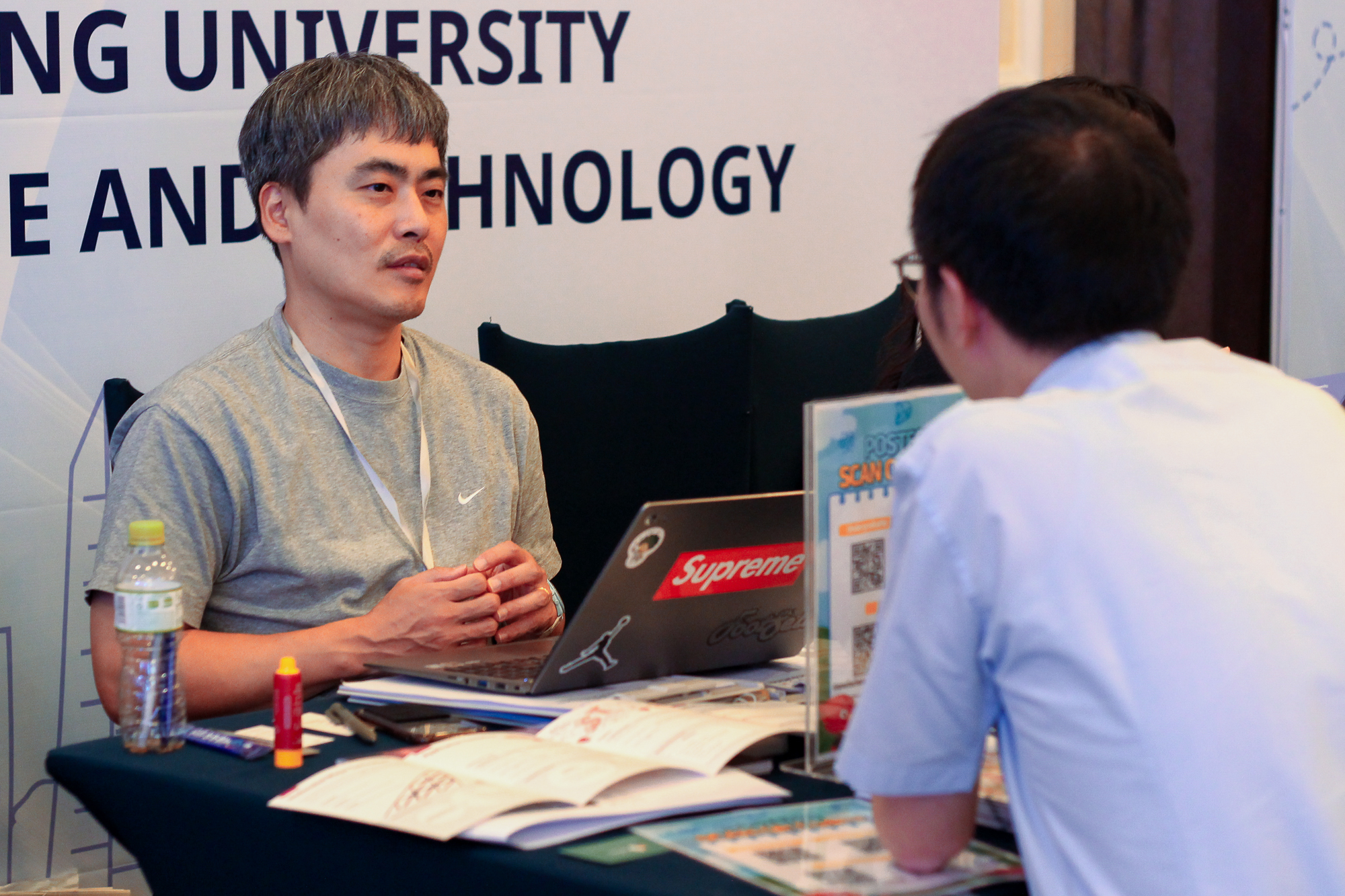
Mr. Sumin Hwang talks with workshop attendees
According to Mr. Hwang, the undergraduate training program for international students has a new point. “Starting from 2026, international students will have the opportunity to explore subjects in 11 majors in the first year, according to the Undecided Major Curriculum program. This makes training students more flexible, giving them the opportunity to orient themselves according to their own abilities,” Mr. Hwang said.
POSTECH’s Undecided Major Curriculum is similar to KU’s Global Open Major Division, where students can study in English and enroll in classes from different majors in their first year, before choosing their major in their second year.
In addition, some universities in Korea have departments that teach in English. Kangwon National University has a Department of Global Convergence that teaches in English, Korean, and Chinese in fields such as communication, business, and performing arts. At KU, students majoring in international studies in the Department of International Studies study in English.
Source: https://thanhnien.vn/co-hoi-hoc-tap-o-cac-truong-dh-hang-dau-han-quoc-185241118140205252.htm




![[Photo] Party Committees of Central Party agencies summarize the implementation of Resolution No. 18-NQ/TW and the direction of the Party Congress](https://vphoto.vietnam.vn/thumb/1200x675/vietnam/resource/IMAGE/2025/10/27/1761545645968_ndo_br_1-jpg.webp)
![[Photo] National Assembly Chairman Tran Thanh Man receives Chairman of the House of Representatives of Uzbekistan Nuriddin Ismoilov](https://vphoto.vietnam.vn/thumb/1200x675/vietnam/resource/IMAGE/2025/10/27/1761542647910_bnd-2610-jpg.webp)
![[Photo] The 5th Patriotic Emulation Congress of the Central Inspection Commission](https://vphoto.vietnam.vn/thumb/1200x675/vietnam/resource/IMAGE/2025/10/27/1761566862838_ndo_br_1-1858-jpg.webp)

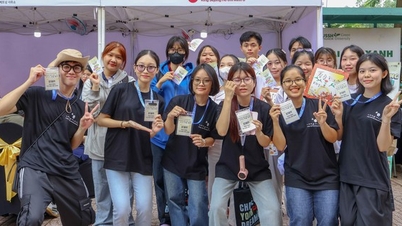



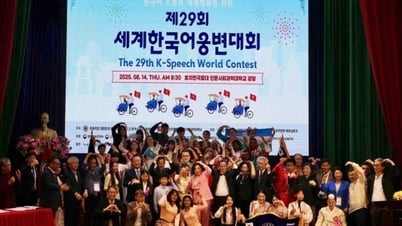

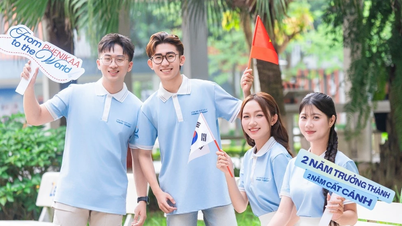

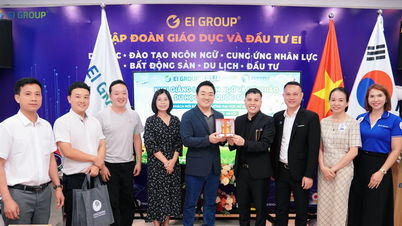
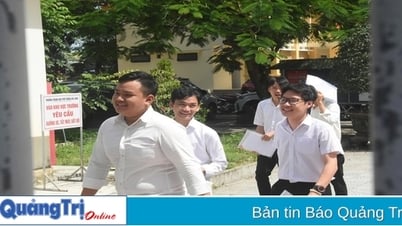

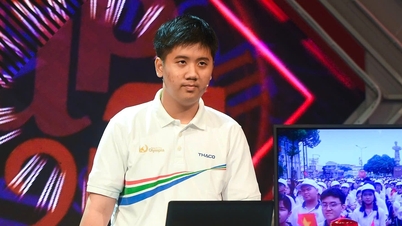

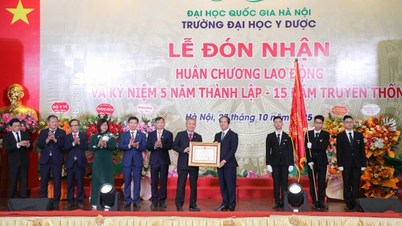

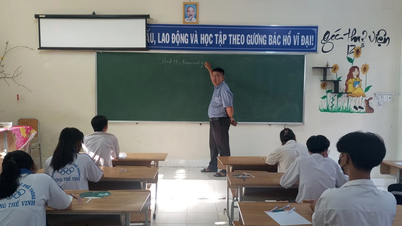
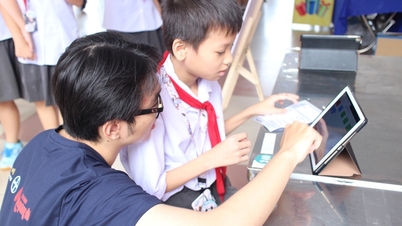
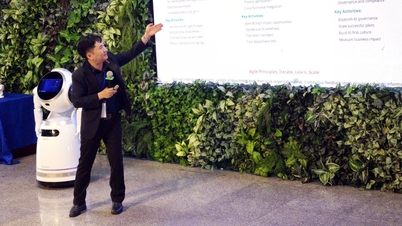

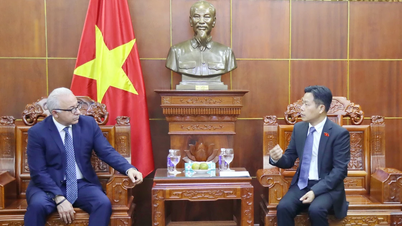




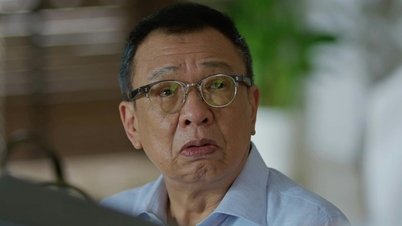
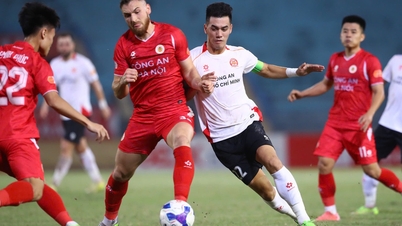
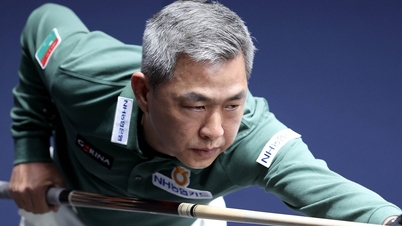
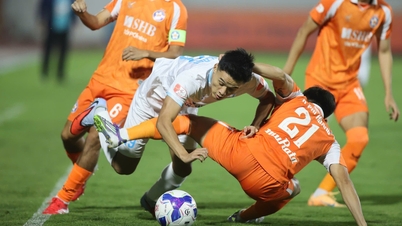

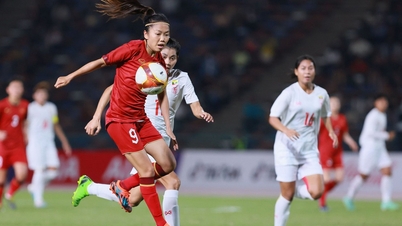






















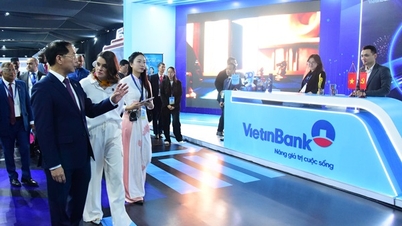













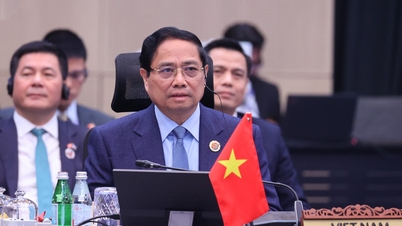







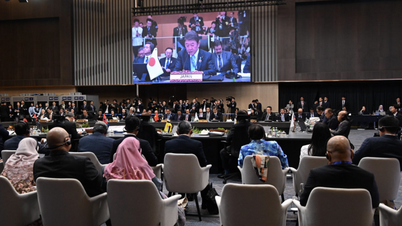

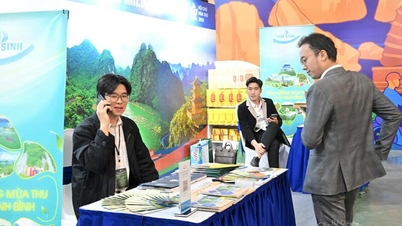
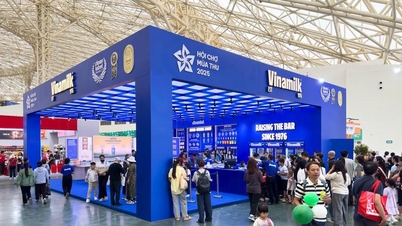
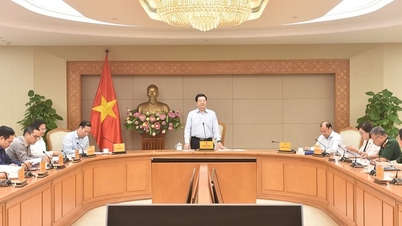

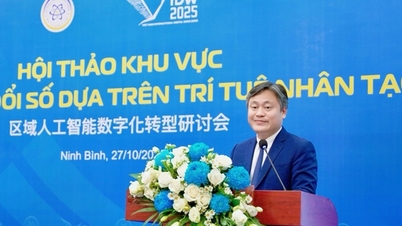
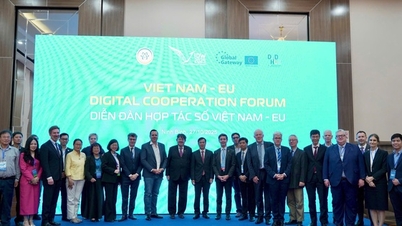
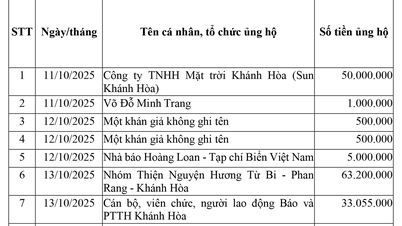

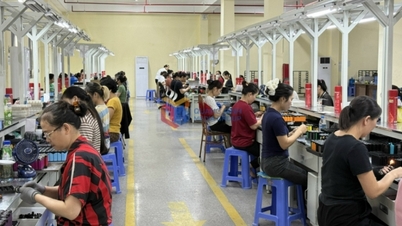

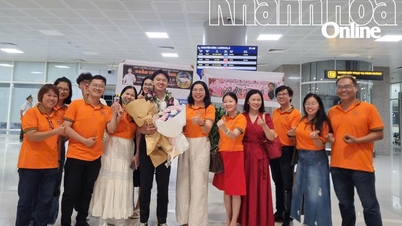
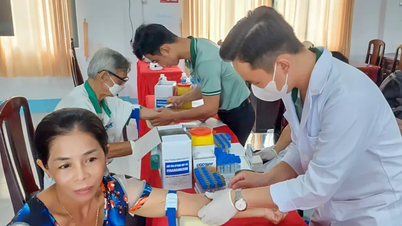

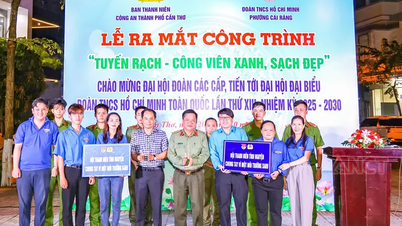
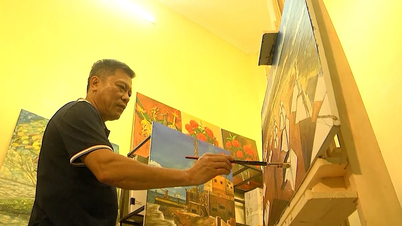














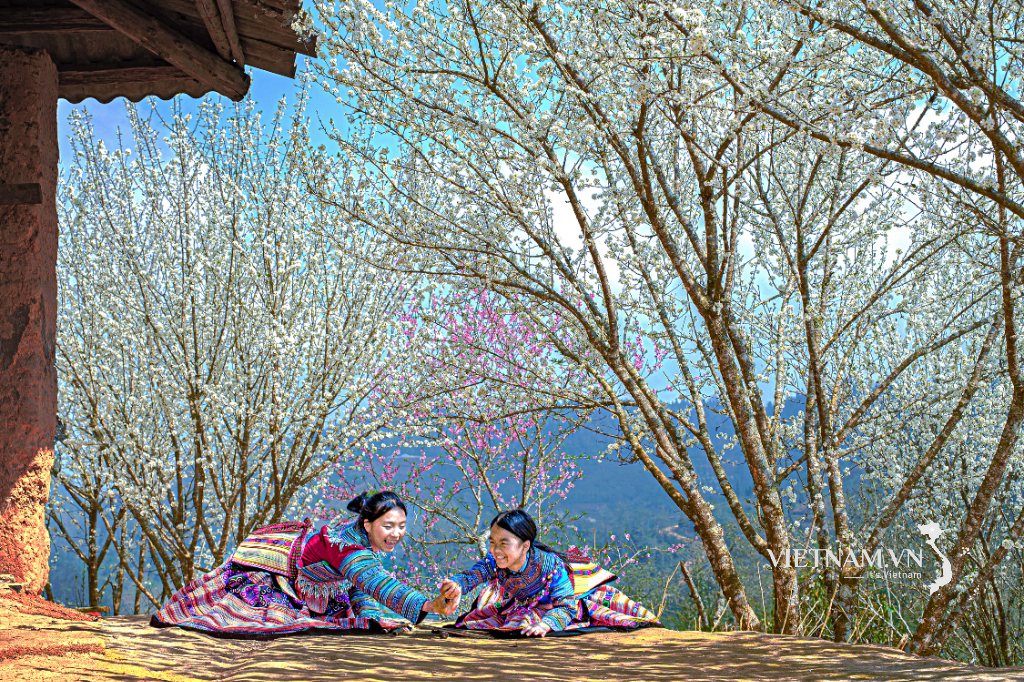
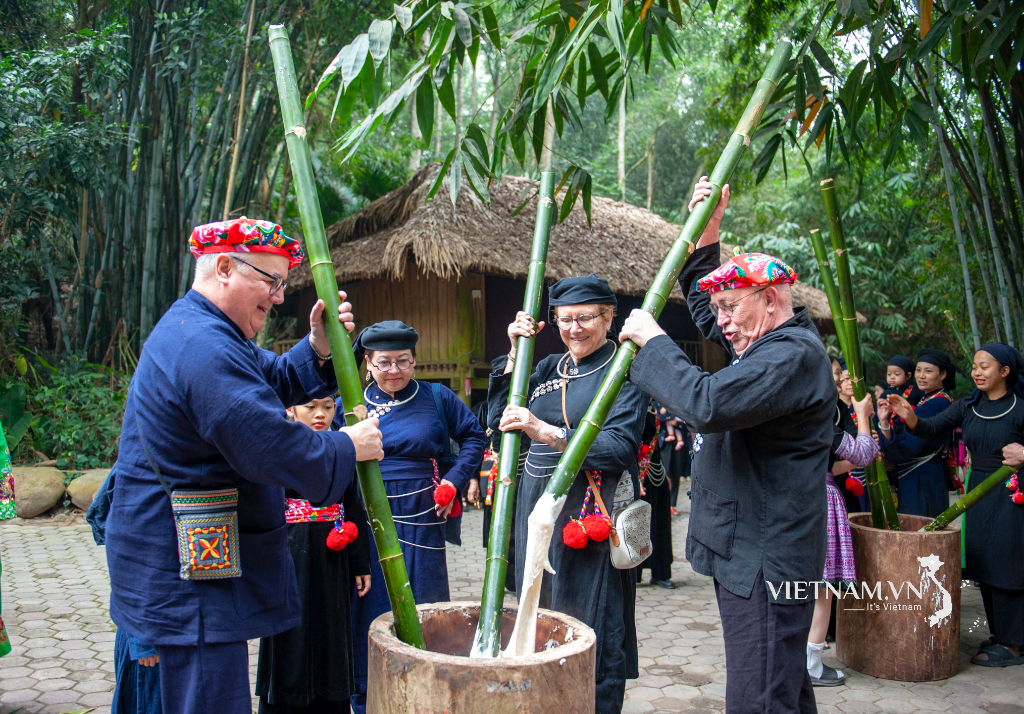

Comment (0)